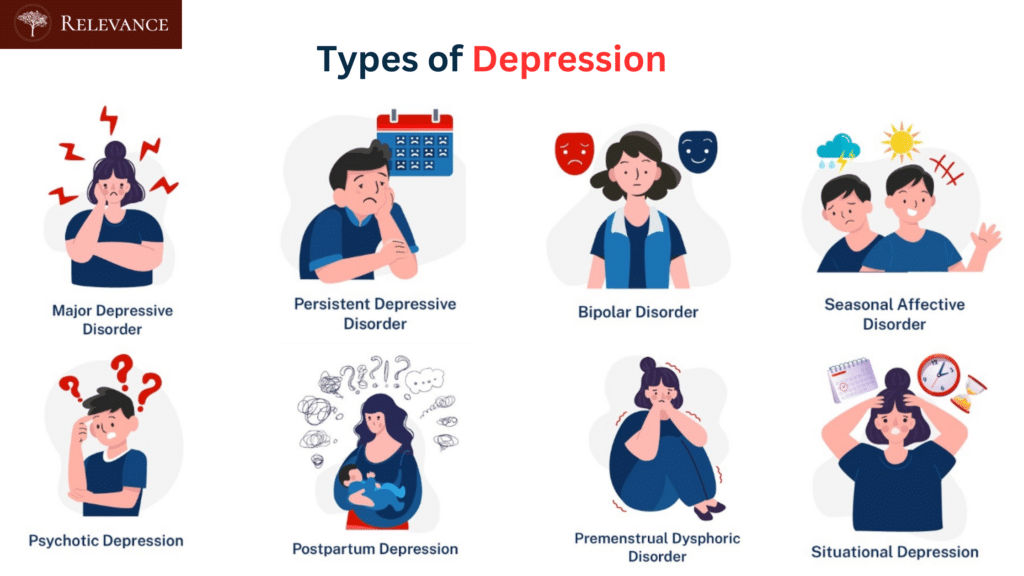Have you ever felt like this: recently always in a bad mood, as if nothing can be done to raise energy, obviously things are not particularly serious, but just can not control the anxiety, irritability?
In fact, many people have similar experiences.We live in an increasingly fast-paced society, and we face all kinds of changes and pressures every day.
For example:
Just found a job, but the company suddenly said that the position is canceled, and now you missed the best time to look for a job; Or the age of 35 years old, had thought that the job is stable, but was notified that the company is going to lay off employees, although a compensation, but the heart is still not sure;
Or the age of 35 years old, had thought that the job is stable, but was notified that the company is going to lay off employees, although a compensation, but the heart is still not sure;
There may also be some sudden and unexpected events, such as the death of a loved one, the breakup of a relationship, and so on.
All of these situations can make people feel overwhelmed.Some people can slowly adjust themselves and continue to move forward; but some people will fall into a kind of psychological distress, this state in psychology is known as “adjustment disorder”, some people call it “situational depression”.
Simply put, this is a psychological reaction that occurs after a person encounters a major change or stress.This reaction is more intense than the average person’s mood swings and can last for a period of time.
Next, let’s talk about what Adjustment Disorder is, how it manifests itself, what happens if it’s not dealt with, and what we can do about it.
I. Do you have these problems?
After many people get adjustment disorder, on the surface, they don’t seem to have any major problems, and they can even go to work and socialize normally, but in fact, they are already suffering inside.
They may pretend to be fine during the day, but at night when they are alone they often have insomnia, feel sad and want to cry.If these emotional problems are never addressed, they will become worse over time.
That’s why it’s important to recognize if you or someone close to you has an adjustment disorder.
So, how can you tell if it’s an adjustment disorder?Usually, this happens within three months of experiencing a major event.For example, losing a job, falling out of love, moving, changing jobs, etc.
Here are some common signs to look out for if you find yourself experiencing a few of these:
1. Worrying too much and always feeling uneasy
Because of a specific thing (such as losing a job, relationship problems) and feel very anxious, worry about this and that all day long, even if others think that this thing is not a big deal.
2. Great emotional ups and downs
A person who is usually quite stable suddenly becomes easily angry, sad or emotional.These mood changes are not only frequent, but also last a long time.
3. Don’t want to go out, don’t want to meet people
I used to like to go to parties and chat with friends, but now I just want to be alone, and I don’t even want to reply to your messages.Slowly, there are fewer and fewer friends, and you are getting lonelier and lonelier.
4. Behavior becomes strange
For example, they start to smoke and drink, stay up late to play games, do things they wouldn’t have done before, and even make impulsive decisions, such as quitting their jobs, moving, breaking off relationships, and so on.
5. Lack of concentration, poor efficiency
The mind is like a mess, it is difficult to concentrate on one thing, such as writing reports, cooking, taking care of children, these daily tasks feel strenuous.
6. Physical discomfort
Headache, stomachache, chest tightness, rapid heartbeat …… Go to the hospital but can’t find anything wrong.In fact, these are the body’s response to emotions.
7. Sleep problems
Either you can’t sleep, tossing and turning all night; or you wake up feeling tired and groggy all day long.
8. Relationships with others deteriorate
You used to get along well, but now you often quarrel and misunderstand, communication becomes difficult, and you can’t even talk to your family members.
9. Decreased motivation to do things
You don’t have the energy to go to work, you don’t want to study, and you don’t even want to do the simplest housework.It’s as if your strength has been sucked out of you.
10. Emotional reaction time is too long
Generally speaking, the symptoms of adjustment disorder will slowly get better within six months after the stressor disappears.If it doesn’t get better after that time, or if the symptoms have little to do with the previous stressful event, then it may be another psychological problem.
II. What will happen if I don’t get treatment?
Many people think to themselves, “I’m just in a bad mood for a while, I’ll be fine in a few days.”But if you really have an adjustment disorder and don’t deal with it, the problem will only get worse.
Being in this state for a long time can have several consequences:
1. The body can go wrong too
Chronic anxiety and stress can lead to health problems in the body, such as high blood pressure, heart disease, diabetes, and some chronic pain, such as migraines, back pain, and so on.
2. Become more and more lonely
Because of the reluctance to socialize with people, you slowly become friendless.Without support and companionship, the problems in the heart will become heavier and heavier, forming a vicious circle.
3. May develop into depression
Some people’s adjustment disorder may eventually turn into more serious depression and require longer treatment if they do not have timely intervention.
4. Relying on alcohol or drugs for relief
In order to feel better, some people will choose to drink, smoke, or even abuse drugs.This will not only fail to solve the problem, but will also bring more trouble.
5. Deterioration of family and interpersonal relationships
With a deteriorated temper and unstable mood, it is easy to have conflicts with family members, friends and coworkers.Over time, everyone will turn away from you.
6. Work suffers and income drops
Lack of concentration, low efficiency and mood swings, all of these will affect your work performance, and in serious cases, you may even be dismissed, and your income will naturally decrease.
III. What does the research say?
In fact, research on adjustment disorder has long been underway.Scientists have found that if a person is in a state of adjustment disorder for a long time, it will have many negative impacts on his life.
For example:
A 2013 study also pointed out that if psychological problems are not helped in a timely manner, not only does it affect mental health, but it can also lead to physical health problems as well.
In other words, the mind and the body actually affect each other.When something goes wrong in one place, the other will follow suit.
In addition, psychological problems that drag on for too long can be a burden on society as a whole.For example, low efficiency and absenteeism of employees, rising dropout rate of students and increasing family conflicts will all affect social stability.
IIII , Summary
Adjustment disorder is like a small storm in life.In the beginning, it may be just a little anxiety, low mood, and we all think “it will be fine after a while”.
But if you keep ignoring it, this small storm can turn into a big one and turn your life upside down.
Many people end up making their situation worse and worse because they don’t understand the problem or are too embarrassed to ask for help.
So, if you feel like your mood hasn’t been quite right lately, you can’t always be happy, or you feel tired or annoyed every day, think hard about whether you’re experiencing an adjustment disorder.
Most importantly – don’t be afraid to ask for help.
You can talk to a trusted friend or go to a professional counselor.Just by taking the first step, you are already on your way to change.
Remember, emotional problems are not weakness or your fault.It is as treatable as a cold or fever.
May everyone who is going through a difficult time find their own light and hope.

